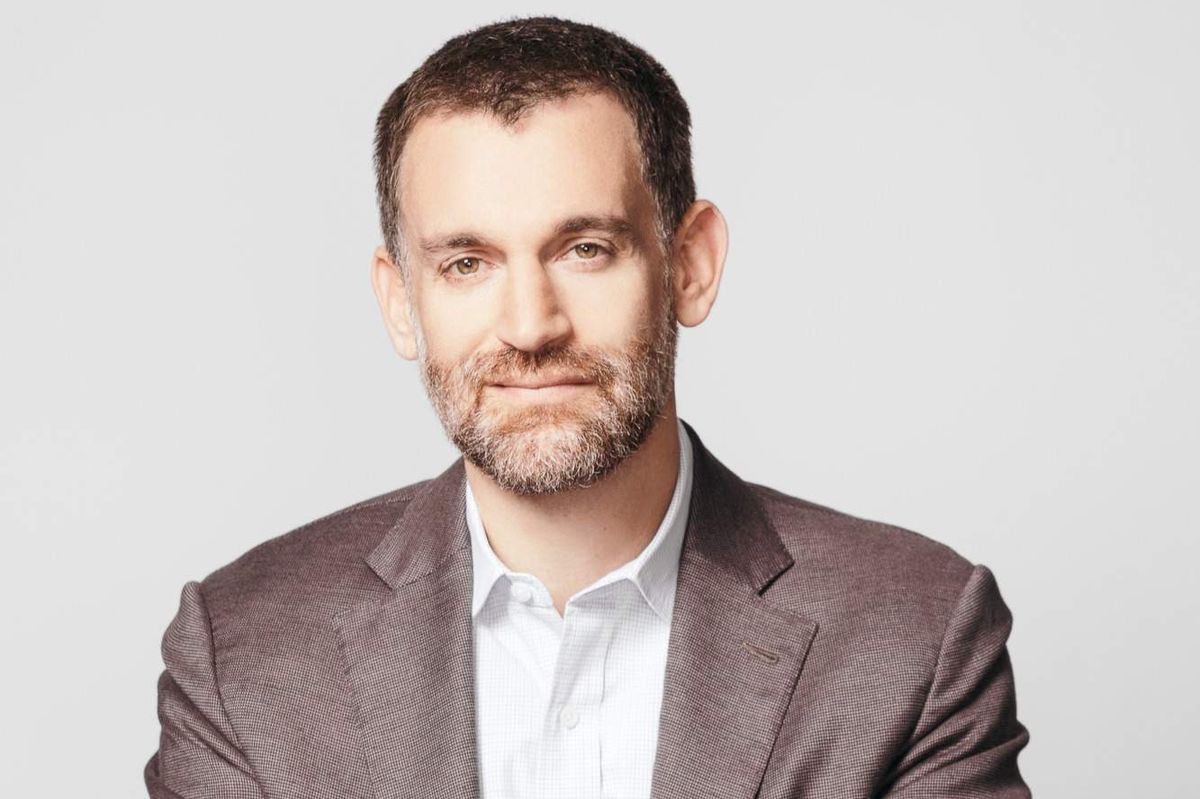Editor's note: Every week, I introduce you to a handful of Houston innovators to know recently making headlines with news of innovative technology, investment activity, and more. This week's batch includes an energy leader, an electric vehicle expert, and more.
Ana Amicarella, CEO of EthosEnergy

Ana Amicarella, CEO of EthosEnergy, joins the Houston Innovators Podcast to discuss the company's growth amid the energy transition. Photo courtesy of EthosEnergy
For most of her career, Ana Amicarella has been the only person in the room who looks like her. But as CEO of Houston-based EthosEnergy, she's changing that.
"The energy sector for sure is highly dominated by men, but I think it's such an exciting environment," Amicarella says on the Houston Innovators Podcast. "What I try to do at every job that I go to is I try to increase representation — diverse representation and females in the company. And I measure that when I started and when I end. I want to be able to make a difference."
Amicarella joined EthosEnergy — which provides rotating equipment services and solutions to the power, oil and gas, and industrial markets — as CEO in 2019 a few years after it was in 2014 as a joint venture between John Wood Group PLC and Siemens Energy AG. Prior to her current role, she served in leadership roles at Aggreko an GE Oil and Gas. Read more.
John Arnold, founder of Centaurus Capital

A Houston company has raised funding from a local investor. Photo via Centaurus Capital
A Houston company has closed its series B extension at $25 million.
MetOx International, which develops and manufactures high-temperature superconducting (HTS) wire, announced it closed a $25 million series B extension. Houston-based Centaurus Capital, an energy-focused family office, and New System Ventures, a climate and energy transition-focused venture firm, led the round with participation from other investors.
"MetOx has developed a robust and highly scalable operation, and we are thrilled to partner with the Company as it enters this pivotal growth stage," says John Arnold, founder of Centaurus, in a news release. "The market for HTS is expanding at an unprecedented pace, with demand for HTS far outweighing supply. MetOx is poised to be the leading U.S. HTS producer, closing the supply gap and bringing dramatic capacity to high power innovations and applications. Their progress and potential are unmatched in the field, and we are proud to support their growth." Read more.
Chris George, United States co-lead at Octopus Electric Vehicles

Texas is positioned to be a great state for the EV industry, writes this expert. Photo via LinkedIn
As Texans continue to invest in electric vehicles, public charging needs to be able to meet an increased demand, according to Chris George, the United States co-lead at Octopus Electric Vehicles, who wrote a guest column for InnovationMap about the state's potential when it comes to EVs.
"As we look to the future of transport and energy, the synergy between NEVI and Tesla’s network should create a compelling narrative for those thinking about leasing an EV," he writes. "Combine that with exciting new battery tech and potential range improvements, fueled by West Texas wind and solar, Texas is positioned to be a great state for the EV industry." Read more.
2024 Houston Innovation Awards judges

Here's who's calling the shots for the 2024 Houston Innovation Awards. Photos courtesy
Ten Houstonians are in the hot seat for deciding the best companies and individuals in Houston's innovation ecosystem.
InnovationMap has announced its 2024 Houston Innovation Awards judging panel, which includes startup founders, nonprofit leaders, investors, corporate innovators, and more. In addition to the 10 judges, InnovationMap Editor Natalie Harms will serve as the editorial representative on the judging panel.
The selected judges will evaluate applications from the nearly 300 nominations that were submitted this year. The judges will be using their expertise to evaluate the nominees' applications, which are due to InnovationMap this week. Read more.




